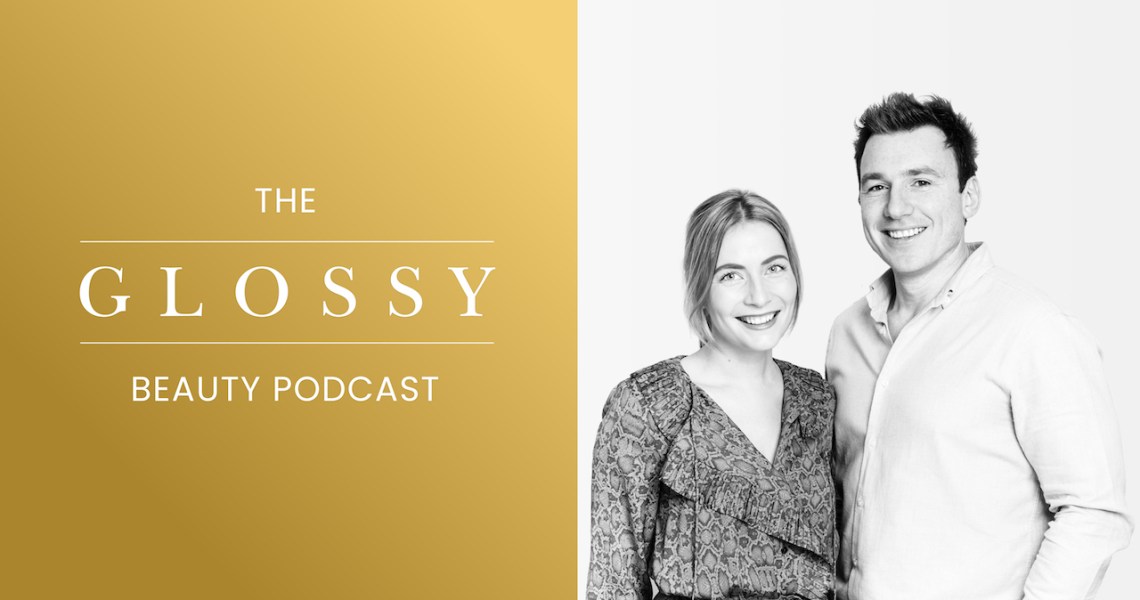Subscribe: iTunes | Stitcher | Google Play | Spotify
“We’ve been in failed startups, we’ve been in tough times in early days,” said The Inkey List co-founder Mark Curry. But Curry credited early business non-starts for the cautious and measured way he and co-founder Colette Laxton are stewarding their latest company, The Inkey List, a skin-care line with products under $15.
“With The Inkey List, it was all of our learnings that we took of what worked [and] what didn’t work,” Laxton said. Curry, for his part, had a prior life starting a female feminine-care line way before sexual wellness products were making a splash in beauty retailers.
Further trial-and-error was methodic. Laxton and Curry incubated several beauty lines via their company’s umbrella company, Be for Beauty, before landing on its hitmaker.
Since debuting in the U.K. in late 2018, The Inkey List is available exclusively in Sephora in the U.S., as well as in select channels in Southeast Asia. As the brand has grown over the last two years, education is a big part of The Inkey List’s awareness plans, even if consumers use said information to then buy the brand’s products elsewhere or buy from other companies entirely.
“We want to be the brand that gives the consumer the right information to help them,” Laxton said. The company plans on launching “Ask Inkey,” a 24/7 chat service for anyone with a question or concern about skin care or ingredients. The brand is also in the midst of retooling its website.
Despite their insistence on careful growth, Curry said he hopes The Inkey List will be “a $100 million brand.”
The founders joined the Glossy Beauty Podcast to talk about properly educating consumers, biding their time and learning from past failures.
Here are a few highlights from the conversation that have been lightly edited for clarity.
The higher stakes of employing 30 people
Curry: “Thirty people scares the living daylights out of us, and what we see are 30 mortgages that we have to pay. We are mindful of not over-stretching. We’ve been in failed startups, we’ve been in tough times in early days. And the one thing we hold valuable is our people and making sure we don’t overextend the business, let alone brands. The opportunity in Asia, specifically China, is huge. Is our brand positioned right to do that? Yes. But we need to do it in the right way.”
A sprawling target demographic
Curry: “The reason why The Inkey List is such a passion project for us is because it’s helping what I would call ‘normal people,’ who don’t really give a shiny about beauty — helping them understand why they need to think about ingredients — as well as talking to the beauty junkies that try, buy, re-buy and shove anything on their face, unfortunately. Talking to those two extremes is where we come alive, and it keeps our interest piqued. It keeps us open not just to new ingredients, but to new ideas. There hasn’t been a single product run yet where we haven’t changed something.”
The ultimate customer service tool
Laxton: “Better information drives better decisions. We want to be the brand that gives the consumer the right information to help them. We were able to be so authentic and true to people when we were having conversations with them on social. We weren’t trying to sell. A lot of brands are like, ‘You know, this is an amazing product! Buy now!’ The conversations we were having with our fans were very real. That one-on-one conversation that we’re having with people has become the absolute magic of our brand, to the point where we decided to launch a service called ‘Ask Inkey.’ We’re going to resource up, we’re going to have up to ten people 24/7, 365 days a year, on multiple platforms for you to chat about skin care. We were doing it ourselves [previously]. We felt that one-on-one communication was [our] difference and why people came back to us. For us, if we can be that support and help to empower you to get better skin, we’ve done our job.”




